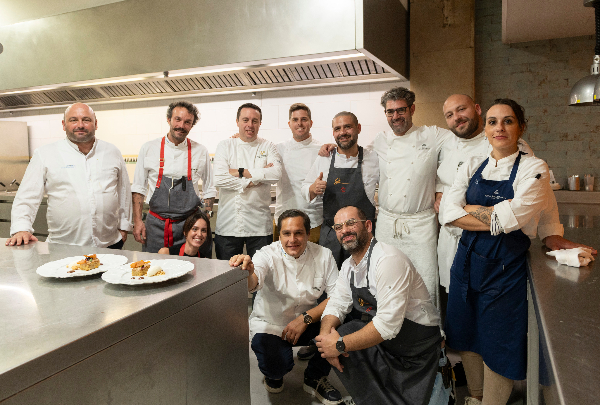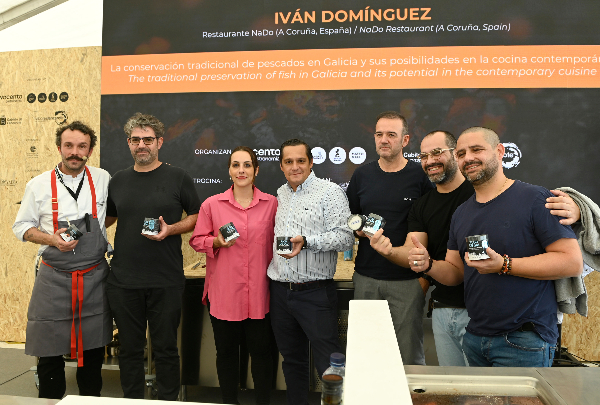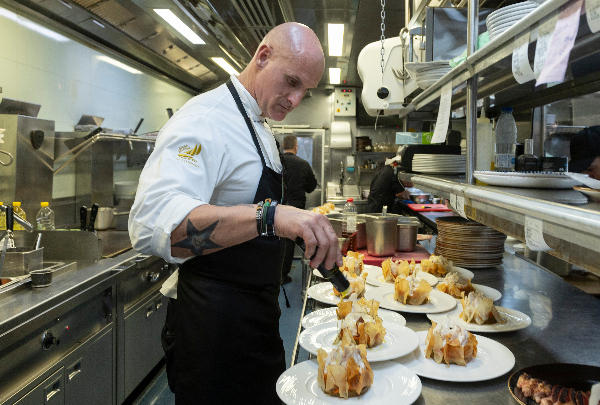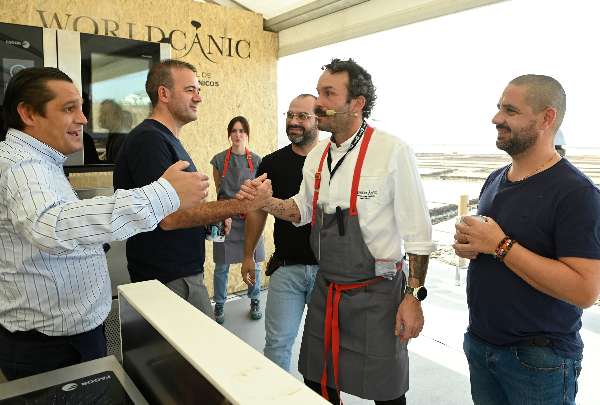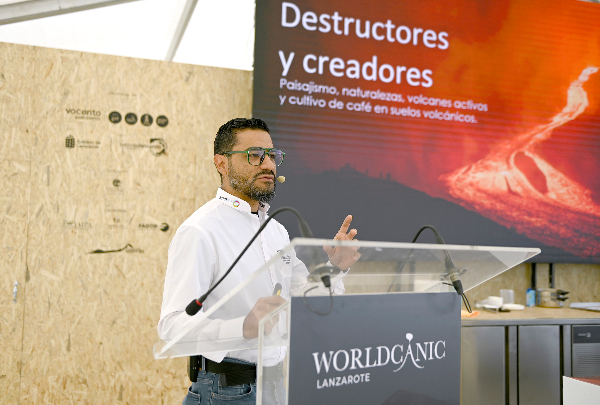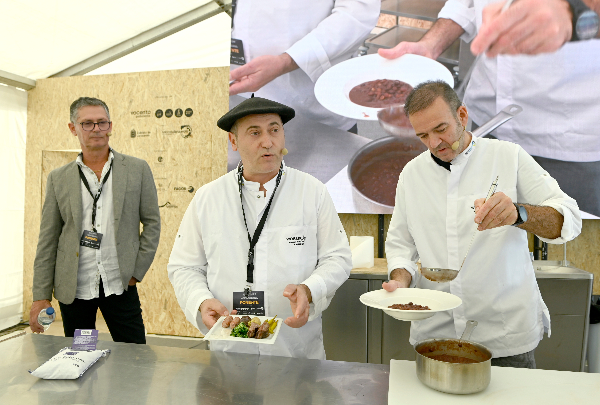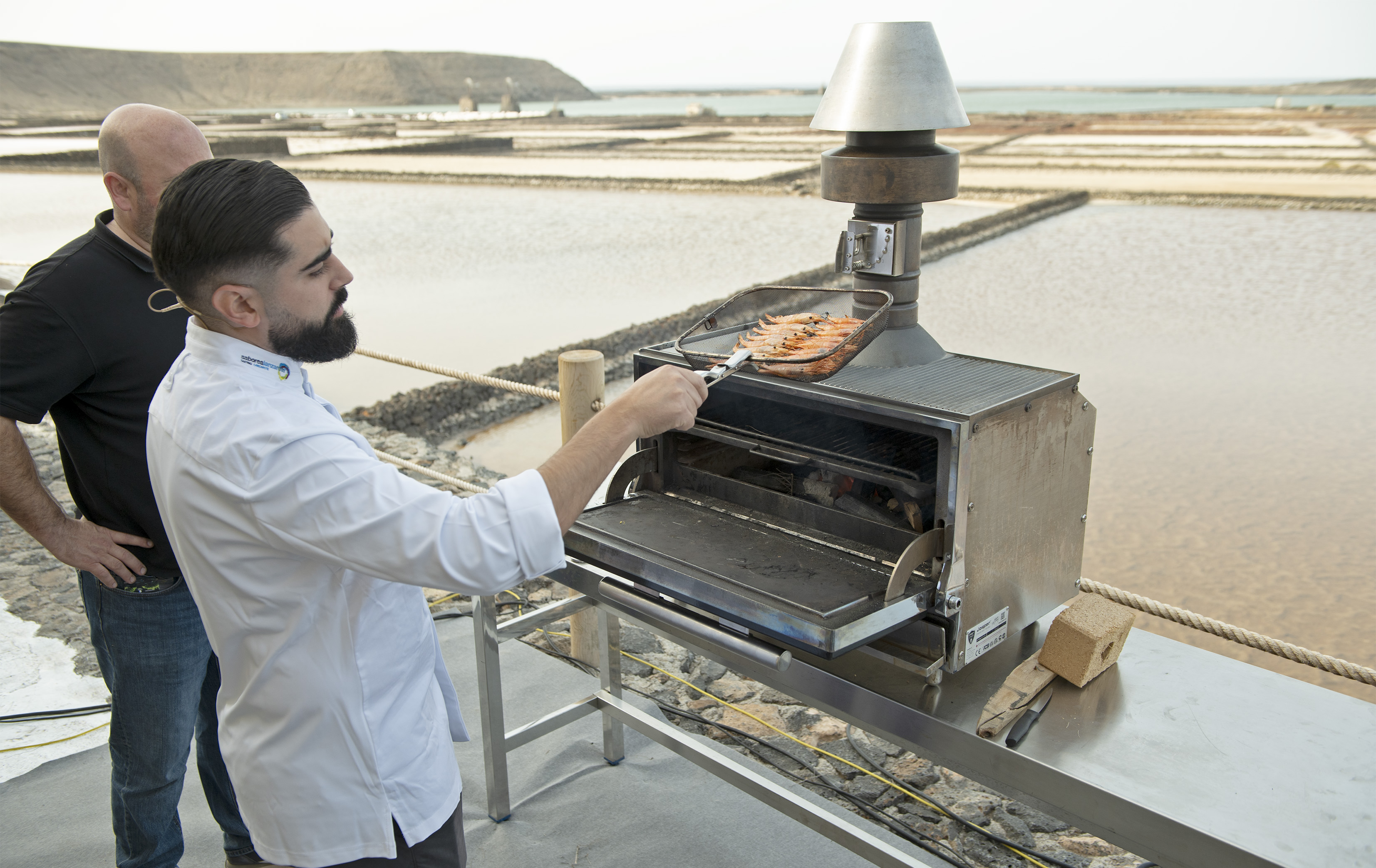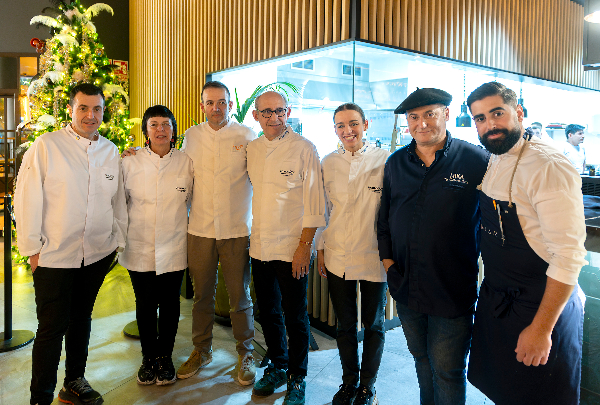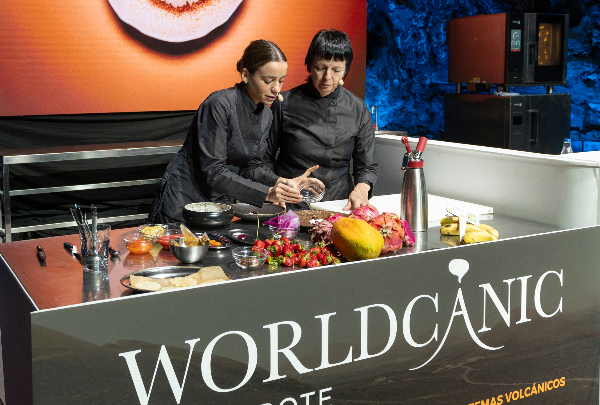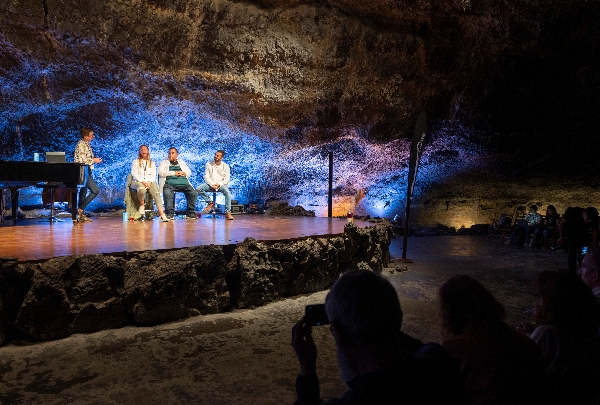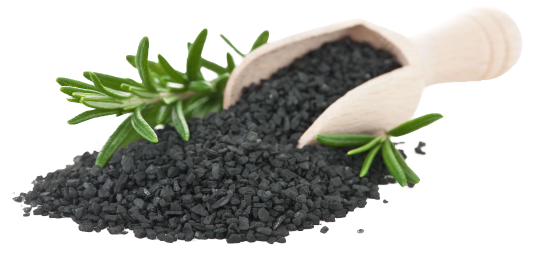News
Chele Gonzalez: “The aborigines in the Philippines weren't scared of the eruption. They knew it would make the land more fertile"
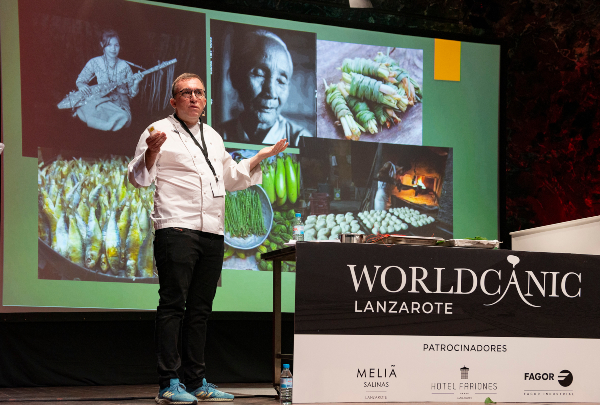
Chef Chele González brought Worldcanic some of the virtues of his adopted country the Philippines, a nation which has suffered continuous eruptions that have made the soil more fertile.
Cantabrian José Luis “Chele” González has been in the Philippines for eleven years, and now runs one of the country's best gastronomy outlets. At Gallery by Chele (Manila, Philippines) he cooks with local produce "because that's what they taught me, and because that's the way I am", with no wastage and respect for the producer, who in his case is fully aboriginal. This was the philosophy with which he arrived in Lanzarote, where he explained the relationship of the Asian country's people with volcanoes, and where he cooked a recipe with Lanzarote produce and the taste of the Philippines: “A recipe that states who I am”.
González began with some context concerning his adopted country, one of the world's nations with the most active volcanoes, where the last eruption was the Taal volcano near Manila, just before the pandemic. “It's our day-to-day”, he said. “The Aetas – Philippines aborigines - are well aware of what it's like to live alongside volcanoes, and they even admitted a change to their culture after the Pinatubo eruption in the 90s. But they're not sad about this. They know that a volcano is their best support, because it makes the land more fertile. So they were happy”.
The chef at Gallery by Chele, #90 on the list of Asia’s 50 Best Restaurants, finished his talk with a showcook of a recipe with local produce "the way I like to use it" and an Asian idea. A Lanzarote carabinero shrimp wrapped in Cantabria cabbage "with the taste of the Philippines". An adaptation of an aboriginal technique he learned while travelling around the country. This is a recipe with "taro", an extremely resilient plant found around the Mayon volcano, which the aborigines use for everything. We poach it to steam-cook it with the carabinero inside". As he was not able to bring any taro, he used cabbage leaves.
The idea and the message were one and the same: The fertility of volcanic soil and the importance of cooking local.

